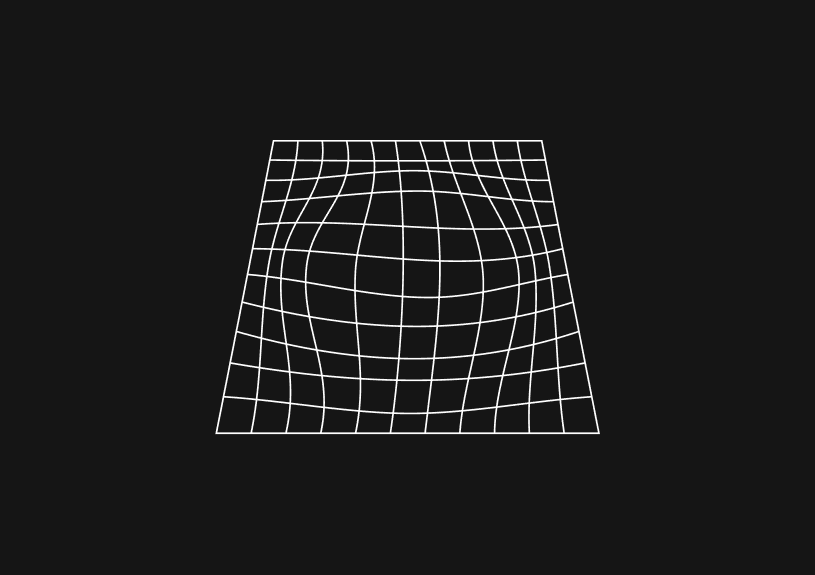
How to generate a random bool in JavaScript
You can generate a random boolean in JavaScript using the Math.random() function to produce a value that is then evaluated as true or false. We’ll go into more detail on this below.
Understanding Math.random()
JavaScript's Math.random() function generates a floating-point, pseudo-random number in the range 0 (inclusive) to 1 (exclusive). This means that every time you call Math.random(), you'll receive a new number that could be anything from 0 up to but not including 1.
Simplest approach: Using Math.random()
The most straightforward way to get a random boolean value is by checking if Math.random() is greater than 0.5. Since Math.random() can return any value between 0 and 1, there is a roughly 50/50 chance that the result will be above or below 0.5.
const randomBool = Math.random() >= 0.5;
Ensuring equal distribution
Although the above method is concise, it may not offer a perfect 50/50 distribution due to the nature of floating-point calculations and the implementation of Math.random(). For most purposes, this isn't a concern, but if an exact distribution is critical, you might want to implement additional checks or a different method.
Using bitwise operators
Bitwise operators can also be used to generate a random boolean. By using the OR operator with zero, you can convert the generated number to an integer, and the double NOT bitwise operator will then convert this integer to a boolean value.
const randomBool = !!(Math.random() * 2 | 0);
Generating multiple random booleans
If you need to generate an array of random booleans, you can use the Array.from method in combination with Math.random().
const randomBools = Array.from({ length: 10 }, () => Math.random() >= 0.5);
This code snippet creates an array with ten random booleans.
Using a function for readability
For better readability and reusability, you can wrap the random boolean generation in a function.
function getRandomBool() { return Math.random() >= 0.5; }
Now, whenever you need a random boolean, you just call getRandomBool().
Customizing probability
If you want to customize the probability of true or false, you can pass a threshold to the function.
function getRandomBool(threshold = 0.5) { return Math.random() < threshold; }
By changing the threshold value, you can adjust the probability that true is returned.
Other ways to generate a random boolean in JavaScript
The Boolean constructor
This method is useful when you want to make the coercion to boolean very explicit in your code, which can enhance readability for those unfamiliar with JavaScript's truthy and falsy values.
const randomBool = Boolean(Math.floor(Math.random() * 2));
Toggling a boolean in a loop
The toggling approach is especially handy in simulations or games where you might want a state to have a chance to change on each iteration, such as flipping a moving character between visible and invisible states to indicate invulnerability.
let bool = false; for (let i = 0; i < 10; i++) { bool = Math.random() >= 0.5 ? !bool : bool; }
Immediately Invoked Function Expression (IIFE)
IIFE is suited for situations where you need an immediate execution and there's no need to reuse the code. It keeps the global scope clean and is useful in modular patterns or self-contained components.
const randomBool = (() => Math.random() >= 0.5)();
The Date object
Using the Date object for randomness could be applied in scenarios where the randomness is not critical and might be more about adding slight variability to the behavior of a function. For example, alternating styles or animations in a non-security-related context.
const randomBool = new Date().getMilliseconds() % 2 === 0;
Conclusion
While there are several ways to generate a random boolean in JavaScript, the simplest method using Math.random() is often sufficient. For more control over the distribution or the probability of true or false, custom functions can be created to suit the specific needs of any project.
Invite only
We're building the next generation of data visualization.
How to Remove Characters from a String in JavaScript
Jeremy Sarchet
How to Sort Strings in JavaScript
Max Musing
How to Remove Spaces from a String in JavaScript
Jeremy Sarchet
Detecting Prime Numbers in JavaScript
Robert Cooper
How to Parse Boolean Values in JavaScript
Max Musing
How to Remove a Substring from a String in JavaScript
Robert Cooper






